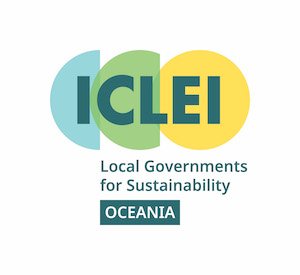The Road to Belèm: Paving the way for local government leadership and action beyond COP 30
The 30th UN Climate Change Conference (COP 30) will take place in Belém, Brazil, in November 2025. This will be a pivotal moment as countries prepare to submit their next round of Nationally Determined Contributions.
Drawing from pre-COP debates in Berlin over the last few weeks, the COP30 Presidency expects greater ambition on emissions targets, inclusive resilience, and finance flows to the most deserving communities ravaged by harsh climate realities. At COP30, the focus will be on the next round of Nationally Determined Contributions (NDCs), known as NDC 3.0. NDCs are the national plans each country makes towards meeting global climate goals, and these need to be submitted by September 2025.
The Local Government and Municipal Authorities (LGMA) constituency serves as a crucial link between local, regional and national governments, as well as the UNFCCC, in facilitating interactions between local climate plans and NDCs.
The incoming COP Presidency has signalled more ambitious targets and greater inclusivity to address insufficient progress exposed in the Adaptation Gap Report and the Global Stocktake Report.
As countries prepare to submit updated NDCs, there will be a line in the sand politically for governments and their commitments to adopt a multilevel governance approach to sustainability policy. On the one extreme there is the US approach of retracting from international climate commitments, while on the opposite end are the revitalised NDCs, such as that recently published by Brazil.
For Australia, New Zealand and the Pacific, there is great opportunity to reinvigorate action on the road to COP 30, and potentially then on to COP 31 that could be hosted in Oceania, with local and regional governments driving change, particularly when national processes falter.
